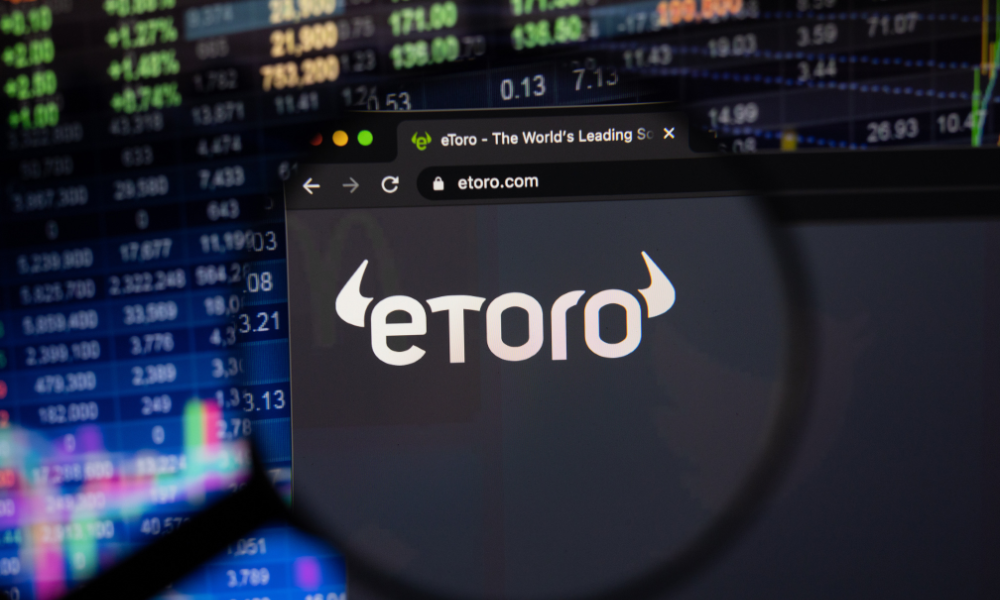

by Matthew Griffin
EToro Group Ltd. filed for an initial public offering, disclosing revenue and net income that soared last year.
The trading and investment platform had $12.6 billion in total revenue in 2024, with net income of $192 million, according to a filing Monday with the US Securities and Exchange Commission. That’s an increase from revenue of $3.89 billion and $15.3 million of net income during the prior year.
The proposed size and price range for the share sale will be disclosed in a later filing, when EToro is ready to begin marketing the offering.
EToro’s filing follows moves to go public by several other high-profile firms, with investors eyeing a rebound in the IPO market this year.
About 96% of EToro’s revenue was from cryptoassets last year. Digital assets rallied in 2024 as President Donald Trump, who had struck a pro-crypto stance, returned to power.
EToro’s platform allows users to trade and follow top investors in assets including stocks and crypto. Founded in 2007, the Israel-based company previously tried to go public through a merger, at a $10.4 billion valuation, with a special purpose acquisition company. The parties agreed to terminate that deal in 2022.
The IPO is being led by Goldman Sachs Group Inc., Jefferies Financial Group Inc., UBS Group AG and Citigroup Inc. EToro and some of its shareholders are set to sell shares.
EToro is seeking a Nasdaq listing under the ticker ETOR.
Copyright Bloomberg News

From outstanding individuals to innovative organizations, find out who made the final shortlist for top honors at the IN awards, now in its second year.

Cresset's Susie Cranston is expecting an economic recession, but says her $65 billion RIA sees "great opportunity" to keep investing in a down market.

“There’s a big pull to alternative investments right now because of volatility of the stock market,” Kevin Gannon, CEO of Robert A. Stanger & Co., said.

Sellers shift focus: It's not about succession anymore.

Platform being adopted by independent-minded advisors who see insurance as a core pillar of their business.
RIAs face rising regulatory pressure in 2025. Forward-looking firms are responding with embedded technology, not more paperwork.
As inheritances are set to reshape client portfolios and next-gen heirs demand digital-first experiences, firms are retooling their wealth tech stacks and succession models in real time.
